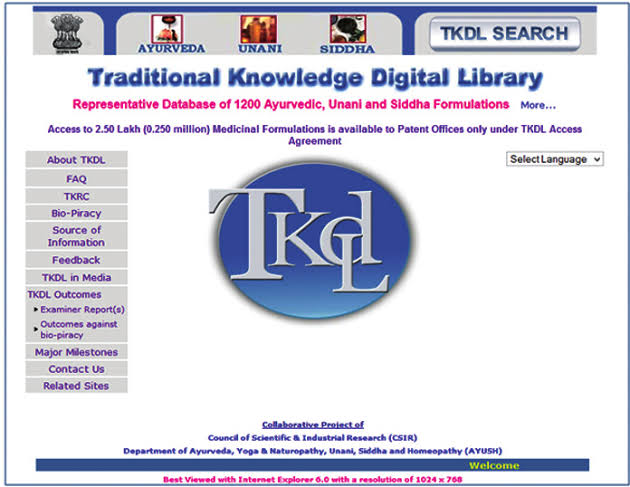India has made history by becoming the first country to launch a comprehensive Traditional Knowledge Digital Library (TKDL), a move lauded by the World Health Organization for its pioneering integration of artificial intelligence with traditional medicine systems.
Key Developments
The WHO’s latest technical brief highlights India’s leadership in digitizing and protecting traditional medical knowledge, especially through the Ayush systems, which include Ayurveda, Unani, Siddha, Sowa Rigpa, and Homoeopathy.
The TKDL, a joint initiative by the Council of Scientific and Industrial Research (CSIR) and the Ministry of Ayush, digitizes ancient medical texts and practices, making them accessible in multiple international languages for patent examiners and researchers worldwide.
The digital library aims to prevent biopiracy and unauthorized patents by cataloguing over 34 million pages of traditional formulations, ensuring that India’s indigenous knowledge is safeguarded and recognized as prior art in global patent offices.
Innovative Features and Global Impact
The WHO report spotlights India’s use of AI-driven tools for diagnosis support, integrating traditional methods like pulse reading and tongue examination with machine learning algorithms.
A standout innovation is Ayurgenomics, which merges genomics with Ayurvedic principles to personalize health recommendations and identify disease markers.
AI-powered cataloguing and semantic analysis of ancient texts are enabling easier access to centuries-old therapeutic wisdom, while comparative studies across global traditional medicine systems are being facilitated.
The initiative is also credited with promoting digital literacy among Ayush practitioners and building interoperable systems to integrate traditional medicine with mainstream healthcare.
India’s achievement is seen as a model for the world, setting new standards for the preservation, validation, and responsible use of traditional knowledge in the digital age.
Sources: The Economic Times, Business Standard, WHO, CSIR, ANI News

